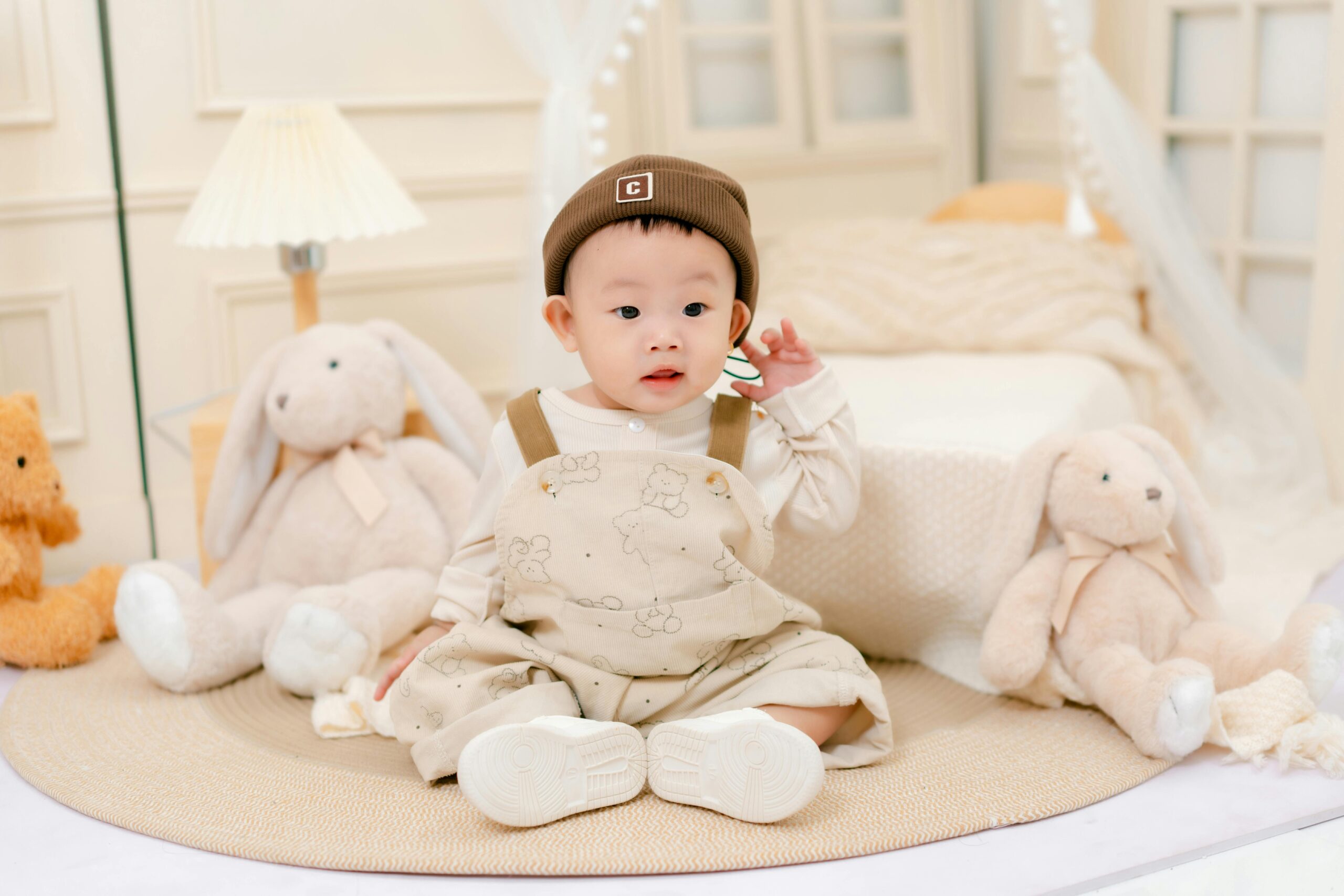Dear Baby Cotton Product Procurement Specialists,
In the ever-changing landscape of cotton apparel procurement, daily “betting” on product selection and improving the baby clothing sell-through rate has become a critical challenge. How can buyers make smarter inventory choices and execute winning maternity and baby retail strategies?
Related Article: Concerning the integration of maternal and child products, here are four core discussion points
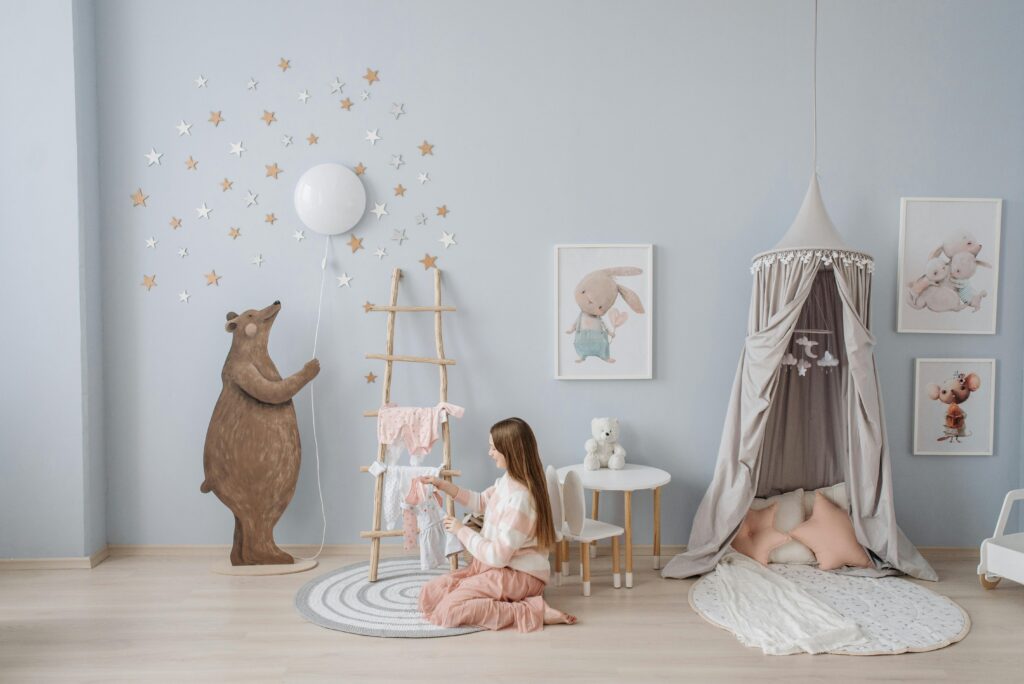
Spring 2024 Surge: Neo-Chinese Trend Triggers Sell-Outs in Babywear
During the Spring Festival of 2024, the neo-Chinese clothing trend caused a stock-out phenomenon in the maternity and baby retail sector, with many stores urgently replenishing inventory. This event highlighted the importance of responsive supply chains and trend-driven decision-making to maximize the baby clothing sell-through rate.
Yet, as the industry pivoted to winter 2024 planning, uncertainty loomed. Should brands continue investing in the neo-Chinese aesthetic or explore other directions? These decisions form the backbone of today’s maternity and baby retail strategies.
Climate Impacts: Warm Winters Challenge Cotton Inventory Choices
In winter 2023, down jackets performed exceptionally well. However, the warmer winter of 2024 placed pressure on outerwear sales. Buyers reported that while the baby clothing sell-through rate for down jackets reached 90% in November 2023, sales dropped 20% year-on-year in 2024 due to unexpected temperature shifts.
This shift underscores the volatility faced by cotton apparel buyers and the importance of adaptive maternity and baby retail strategies—especially with an early Lunar New Year complicating decisions around discount timing and promotional cycles.
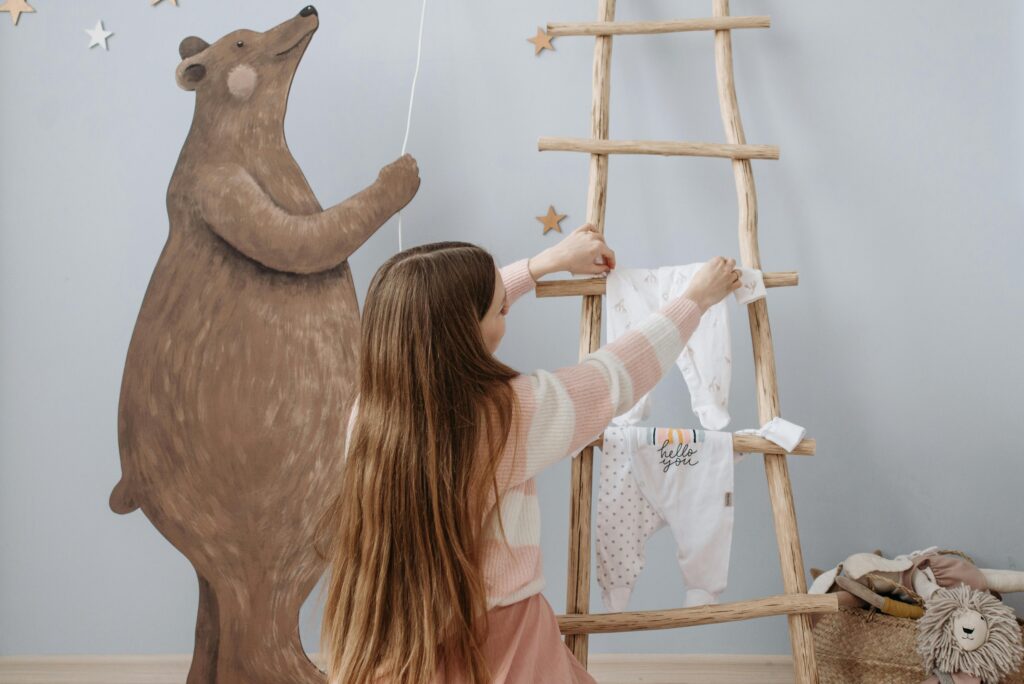
Inventory Strategy: Betting Smarter on Babywear Essentials
In a recent CBME Business School exchange in Zhili, CBME Insights engaged with three babywear procurement specialists to explore how to elevate the baby clothing sell-through rate through proven maternity and baby retail strategies.
Prioritize Core Babywear with High Sell-Through Potential
All three buyers emphasized prioritizing high-quality staples in cotton babywear—basic styles with mass appeal—over volatile trend items. This approach aligns with the preferences of parents in the 0-3 year age range and is central to many successful maternity and baby retail strategies.
Offline stores, they noted, cannot compete on price with online retailers. Therefore, curating a selection of timeless, premium-quality baby clothing can help ensure a stronger sell-through rate while reducing inventory pressure.
However, with parents’ rising aesthetic standards, adding subtle fashionable elements even to staples has become crucial.
Related Article: Baby Formula Milk Consumption Demand Report Released
Find the Balance: Trend-Driven Yet Risk-Managed
While trend-driven children’s outerwear accounts for a smaller share, it plays a crucial role in brand image and store traffic. Striking a balance between conservative core items and fashionable options is vital to effective maternity and baby retail strategies.
Buyers often leverage historical sales data, current customer behavior, and visual merchandising insights from platforms like Xiaohongshu. These tools help anticipate demand and refine assortments to elevate the baby clothing sell-through rate while minimizing risk.
For instance, the popularity of neo-Chinese adult fashion in early 2024 signaled a rising demand in the children’s segment—a case where smart trend tracking boosted inventory success.
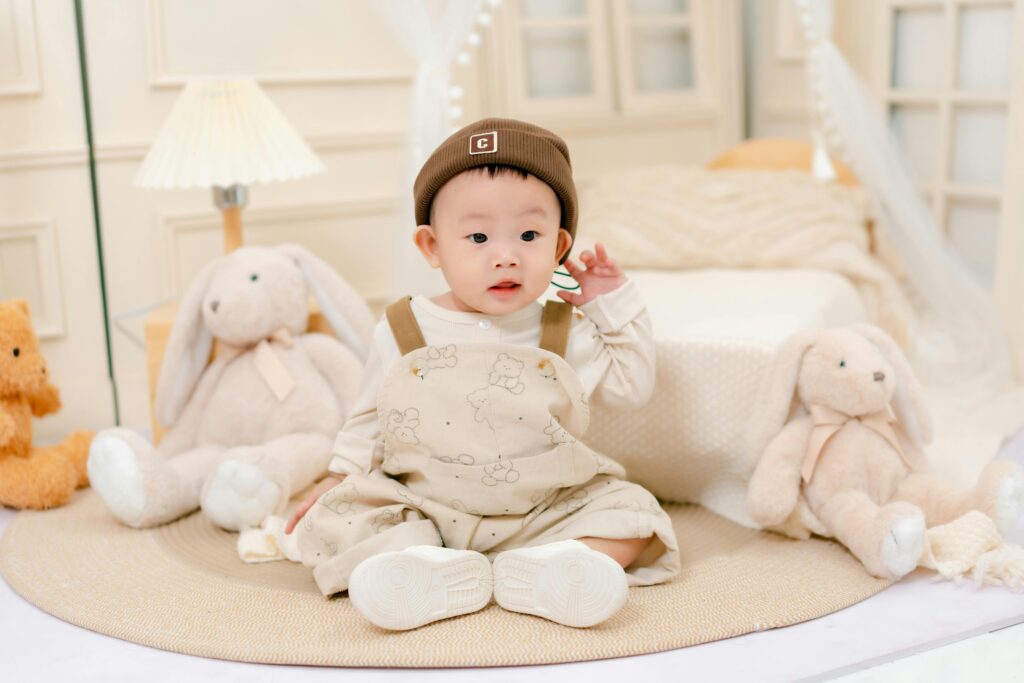
Operational Execution: Turning Inventory into Sell-Through Success
Store-Level Strategy: Differentiation Drives Sell-Through
Execution at the store level is key. One buyer shared that having dedicated cotton product visual merchandisers and in-store assistants directly influenced their baby clothing sell-through rate by enabling real-time inventory tracking and tailored restocking.
A personalized retail strategy also plays a role in optimizing maternity and baby retail strategies. High-traffic stores focus on premium items, while community locations offer cost-effective babywear. Some chains even reposition low-performing locations as discount outlets for older inventory—an effective segmentation strategy.
Related Article: Unlocking Baby Market Growth Through Real Needs
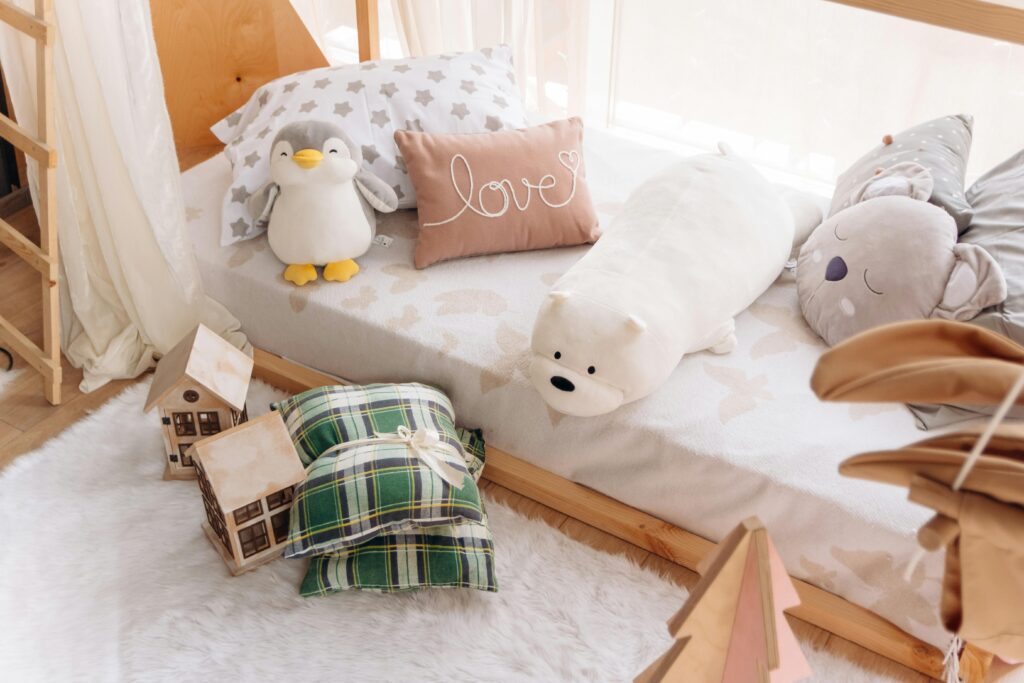
Channel Diversification: Creating Fast Paths to Clearance
Clearance Channels: Timing Is Key to Sell-Through Rates
Efficient stock clearance remains a top priority in ensuring a healthy baby clothing sell-through rate. Buyers rely on tactics like organizing semiannual carnival-style promotions, leveraging “tail stores” for older stock, and hosting flash sales in private domains via livestreaming.
However, these maternity and baby retail strategies depend on timing. Whether to offload stock in December due to mild winters or hold until January’s New Year demand cycle requires accurate forecasting and quick decision-making.

Sidebar: Data Confirms Cotton’s Role in Long-Term Retail Strategy
Cotton apparel presents both challenges and opportunities. While inventory risks exist, its profitability and consumer loyalty benefits keep it at the core of maternity and baby retail strategies.
CBME data from 2024 indicates children’s apparel ranked in the top three priorities for offline retailers and agents. Interest has grown steadily—from 14.94% in 2020 to 17.8% in 2024—highlighting its strategic importance.
To further boost the baby clothing sell-through rate, buyers advocate for enhanced collaboration with manufacturers. This includes marketing support, on-site supervision, and display optimization.
Conclusion: From Procurement to Execution—Winning Strategies That Sell
Improving the baby clothing sell-through rate is not a matter of luck—it’s the result of refined maternity and baby retail strategies, grounded in data, consumer insights, and execution excellence. As product cycles speed up and parenting demands evolve, those who adapt their operations with clarity and agility will stay ahead in the competitive babywear market.
